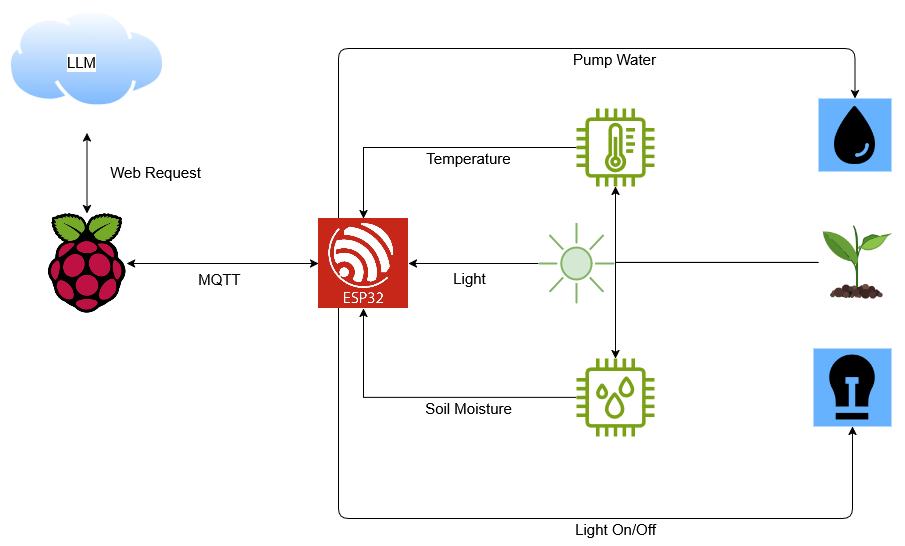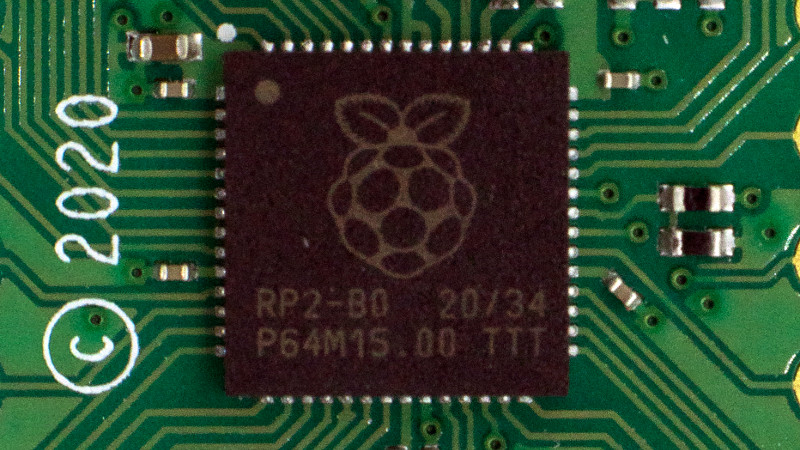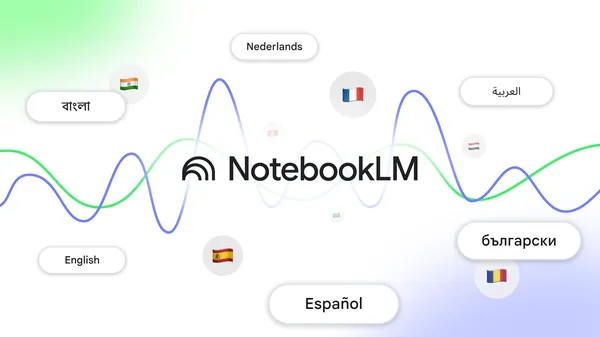C++ Tips and Tricks for Advanced Developers
C++ Tips and Tricks for Advanced Developers C++ remains one of the most powerful and widely used programming languages, especially in performance-critical applications like game development, embedded systems, and high-frequency trading. Even experienced developers can benefit from advanced tips and optimizations to write cleaner, faster, and more maintainable code. In this article, we’ll explore some lesser-known C++ techniques, best practices, and optimizations that can elevate your programming skills. And if you're looking to grow your YouTube channel while sharing your C++ expertise, consider checking out MediaGeneous for powerful content growth tools. 1. Move Semantics and Perfect Forwarding Move semantics, introduced in C++11, allow for efficient resource transfer, reducing unnecessary copies. Perfect forwarding ensures that arguments are passed with their original value category (lvalue or rvalue). cpp Copy Download #include template void wrapper(T&& arg) { // Perfectly forward arg to another function some_function(std::forward(arg)); } class Resource { public: Resource() = default; Resource(Resource&& other) noexcept { // Move resources instead of copying } }; Key Takeaway: Use std::move for transferring ownership and std::forward in templated functions to preserve value categories. 2. Smart Pointers for Memory Safety Raw pointers are error-prone. Instead, use smart pointers (std::unique_ptr, std::shared_ptr, std::weak_ptr) for automatic memory management. cpp Copy Download #include void smartPointerExample() { auto ptr = std::make_unique(42); // Exclusive ownership auto sharedPtr = std::make_shared(100); // Shared ownership std::weak_ptr weakPtr = sharedPtr; // Non-owning reference } Key Takeaway: Prefer std::make_unique and std::make_shared over direct new calls for exception safety. 3. constexpr and Compile-Time Computation constexpr enables computations at compile time, improving runtime performance. cpp Copy Download constexpr int factorial(int n) { return (n

C++ Tips and Tricks for Advanced Developers
C++ remains one of the most powerful and widely used programming languages, especially in performance-critical applications like game development, embedded systems, and high-frequency trading. Even experienced developers can benefit from advanced tips and optimizations to write cleaner, faster, and more maintainable code.
In this article, we’ll explore some lesser-known C++ techniques, best practices, and optimizations that can elevate your programming skills. And if you're looking to grow your YouTube channel while sharing your C++ expertise, consider checking out MediaGeneous for powerful content growth tools.
1. Move Semantics and Perfect Forwarding
Move semantics, introduced in C++11, allow for efficient resource transfer, reducing unnecessary copies. Perfect forwarding ensures that arguments are passed with their original value category (lvalue or rvalue).
cpp
Copy
Download
#includetemplate<typename T> void wrapper(T&& arg) { // Perfectly forward arg to another function some_function(std::forward<T>(arg)); } class Resource { public: Resource() = default; Resource(Resource&& other) noexcept { // Move resources instead of copying } };
Key Takeaway: Use std::move for transferring ownership and std::forward in templated functions to preserve value categories.
2. Smart Pointers for Memory Safety
Raw pointers are error-prone. Instead, use smart pointers (std::unique_ptr, std::shared_ptr, std::weak_ptr) for automatic memory management.
cpp
Copy
Download
#includevoid smartPointerExample() { auto ptr = std::make_unique<int>(42); // Exclusive ownership auto sharedPtr = std::make_shared<int>(100); // Shared ownership std::weak_ptr<int> weakPtr = sharedPtr; // Non-owning reference }
Key Takeaway: Prefer std::make_unique and std::make_shared over direct new calls for exception safety.
3. constexpr and Compile-Time Computation
constexpr enables computations at compile time, improving runtime performance.
cpp
Copy
Download
constexpr int factorial(int n) { return (n <= 1) ? 1 : n * factorial(n - 1); } int main() { constexpr int result = factorial(5); // Computed at compile time static_assert(result == 120, "Factorial check"); }
Key Takeaway: Use constexpr for functions and variables that can be evaluated at compile time.
4. Structured Bindings for Cleaner Code
Introduced in C++17, structured bindings allow unpacking tuples, pairs, and structs into variables.
cpp
Copy
Download
#includeauto getUser() { return std::make_tuple("John", 30, "Developer"); } int main() { auto [name, age, profession] = getUser(); }
Key Takeaway: Reduces boilerplate when working with compound data types.
5. Lambda Improvements in Modern C++
C++14 and C++17 introduced enhancements to lambdas, such as generalized captures and constexpr support.
cpp
Copy
Download
auto generateMultiplier(int factor) { return [factor](int x) { return x * factor; }; } int main() { auto timesTwo = generateMultiplier(2); std::cout << timesTwo(5); // Output: 10 }
Key Takeaway: Lambdas are more powerful with auto parameters and compile-time capabilities.
6. std::optional for Safer Null Handling
std::optional (C++17) provides a type-safe way to represent optional values, avoiding nullptr pitfalls.
cpp
Copy
Download
#includestd::optional<int> divide(int a, int b) { if (b == 0) return std::nullopt; return a / b; } int main() { if (auto result = divide(10, 2)) { std::cout << *result; } }
Key Takeaway: Use std::optional instead of sentinel values or raw pointers for optional returns.
7. Custom Comparators and Transparent Operators
Custom comparators can optimize lookups in associative containers. C++14 introduced transparent comparators with std::less<>.
cpp
Copy
Download
#includestruct CaseInsensitiveCompare { bool operator()(const std::string& a, const std::string& b) const { return std::lexicographical_compare( a.begin(), a.end(), b.begin(), b.end(), [](char x, char y) { return tolower(x) < tolower(y); } ); } }; int main() { std::set<std::string, CaseInsensitiveCompare> names; names.insert("Alice"); names.insert("alice"); // Won't insert duplicate due to comparator }
Key Takeaway: Transparent comparators (std::less<>) avoid unnecessary conversions.
8. Memory Alignment and Cache Optimization
Align data structures to cache lines to prevent false sharing in multi-threaded applications.
cpp
Copy
Download
#includestruct alignas(64) CacheAlignedData { int counter; // Padding ensures alignment }; int main() { auto* data = new CacheAlignedData; }
Key Takeaway: Use alignas for performance-critical data structures.
9. Compile-Time Polymorphism with CRTP
The Curiously Recurring Template Pattern (CRTP) enables static polymorphism.
cpp
Copy
Download
template <typename Derived> class Base { public: void interface() { static_cast<Derived*>(this)->implementation(); } }; class Derived : public Base<Derived> { public: void implementation() { std::cout << "Derived implementation\n"; } };
Key Takeaway: CRTP avoids virtual function overhead while enabling polymorphism.
10. Benchmarking with Google Benchmark
Optimizations should always be measured. Use Google Benchmark for microbenchmarks.
cpp
Copy
Download
#includestatic void vectorPushBack(benchmark::State& state) { for (auto _ : state) { std::vector<int> v; v.push_back(1); } } BENCHMARK(vectorPushBack);
Key Takeaway: Always profile before optimizing.
Final Thoughts
Mastering advanced C++ techniques can significantly improve code efficiency and maintainability. Whether you're optimizing for performance, writing safer memory management code, or leveraging modern C++ features, these tips will help you push your skills further.
If you're documenting your C++ journey on YouTube and want to grow your audience, tools like MediaGeneous can help amplify your reach.
Happy coding!









































































![Apple Restructures Global Affairs and Apple Music Teams [Report]](https://www.iclarified.com/images/news/97162/97162/97162-640.jpg)
![New iPhone Factory Goes Live in India, Another Just Days Away [Report]](https://www.iclarified.com/images/news/97165/97165/97165-640.jpg)












































































































































































































































![[The AI Show Episode 145]: OpenAI Releases o3 and o4-mini, AI Is Causing “Quiet Layoffs,” Executive Order on Youth AI Education & GPT-4o’s Controversial Update](https://www.marketingaiinstitute.com/hubfs/ep%20145%20cover.png)































































































































































































































































